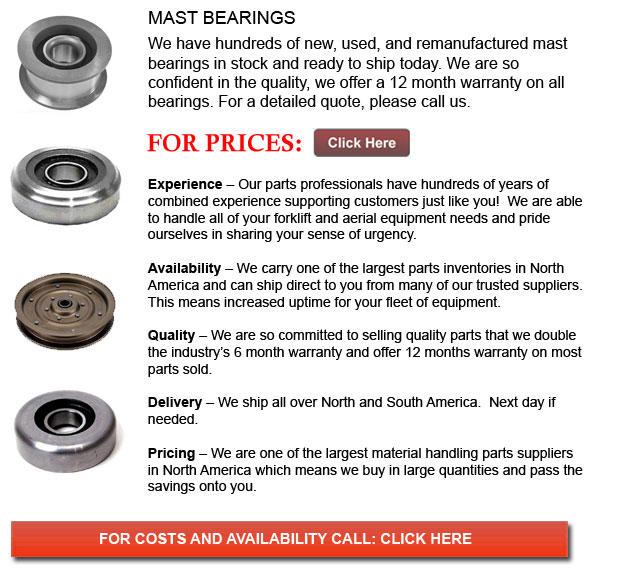
Forklift Mast Bearings - A bearing enables better motion among at least 2 parts, normally in a linear or rotational procession. They could be defined in correlation to the direction of applied cargo the can take and according to the nature of their utilization.
Plain bearings are extremely commonly utilized. They use surfaces in rubbing contact, normally with a lubricant such as oil or graphite. Plain bearings may or may not be considered a discrete device. A plain bearing can comprise a planar surface which bears one more, and in this situation will be defined as not a discrete tool. It can consist of nothing more than the bearing exterior of a hole with a shaft passing through it. A semi-discrete instance would be a layer of bearing metal fused to the substrate, whereas in the form of a separable sleeve, it will be a discrete device. Maintaining the right lubrication allows plain bearings to be able to provide acceptable accuracy and friction at the least expense.
There are other bearings which could help improve and develop effectiveness, reliability and accuracy. In various applications, a more suitable and exact bearing can better weight size, operation speed and service intervals, thus lowering the total costs of operating and buying equipment.
Bearings would differ in materials, shape, application and needed lubrication. For instance, a rolling-element bearing will utilize spheres or drums among the parts so as to limit friction. Less friction provides tighter tolerances and higher precision compared to plain bearings, and less wear extends machine accuracy.
Plain bearings are often constructed using various kinds of metal or plastic, depending on how dirty or corrosive the environment is and depending on the load itself. The type and function of lubricants could dramatically affect bearing lifespan and friction. For example, a bearing may be run without whichever lubricant if continuous lubrication is not an option because the lubricants can attract dirt which damages the bearings or device. Or a lubricant can better bearing friction but in the food processing business, it may need being lubricated by an inferior, yet food-safe lube in order to prevent food contamination and ensure health safety.
Most bearings in high-cycle applications require some lubrication and cleaning. They could need regular modification so as to reduce the effects of wear. Some bearings may require infrequent upkeep so as to prevent premature failure, while fluid or magnetic bearings can require little maintenance.
Extending bearing life is usually done if the bearing is kept well-lubricated and clean, even though, several kinds of utilization make consistent upkeep a challenging task. Bearings situated in a conveyor of a rock crusher for example, are continuously exposed to abrasive particles. Frequent cleaning is of little use in view of the fact that the cleaning operation is pricey and the bearing becomes dirty again when the conveyor continues operation.
![]() Click to Download the pdf
Click to Download the pdf
Forklift Parts
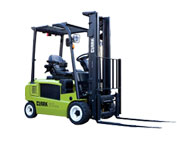
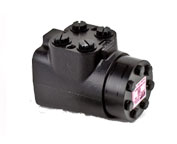
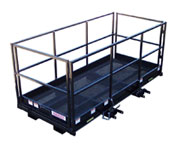
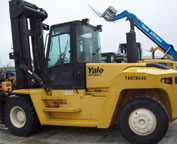
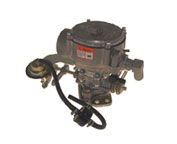
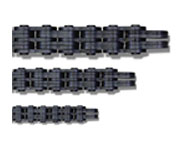
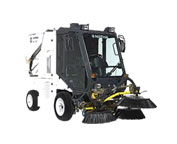
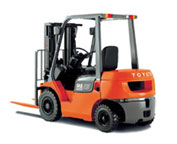
Lift Parts Express
TOLL FREE: 1-888-695-7994
LOCAL: 512-642-5697
402 A WEST PALM VALLEY BLVD 249
Round Rock, Texas
forkliftpartsroundrock.com
Email Us
About Us


